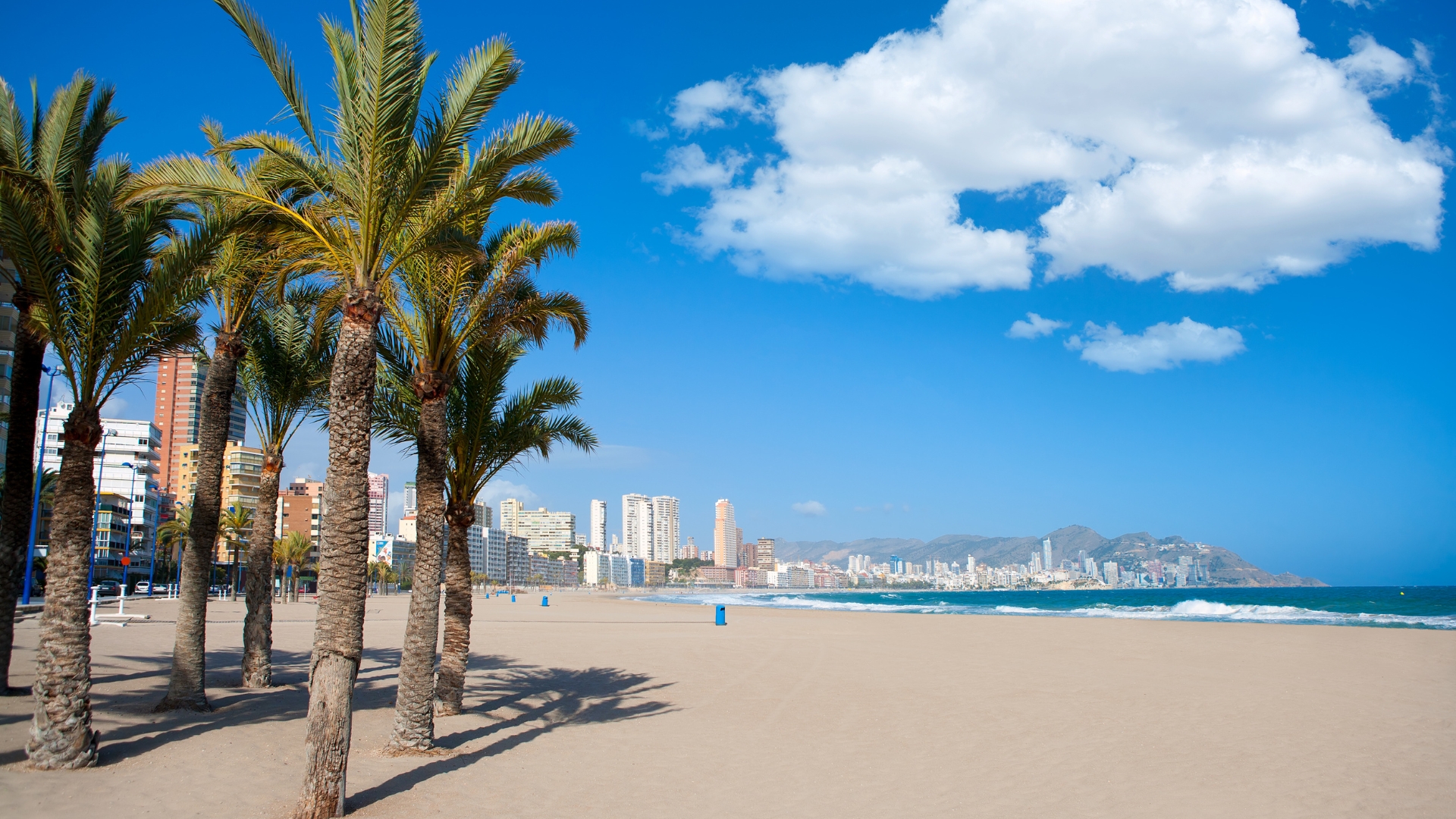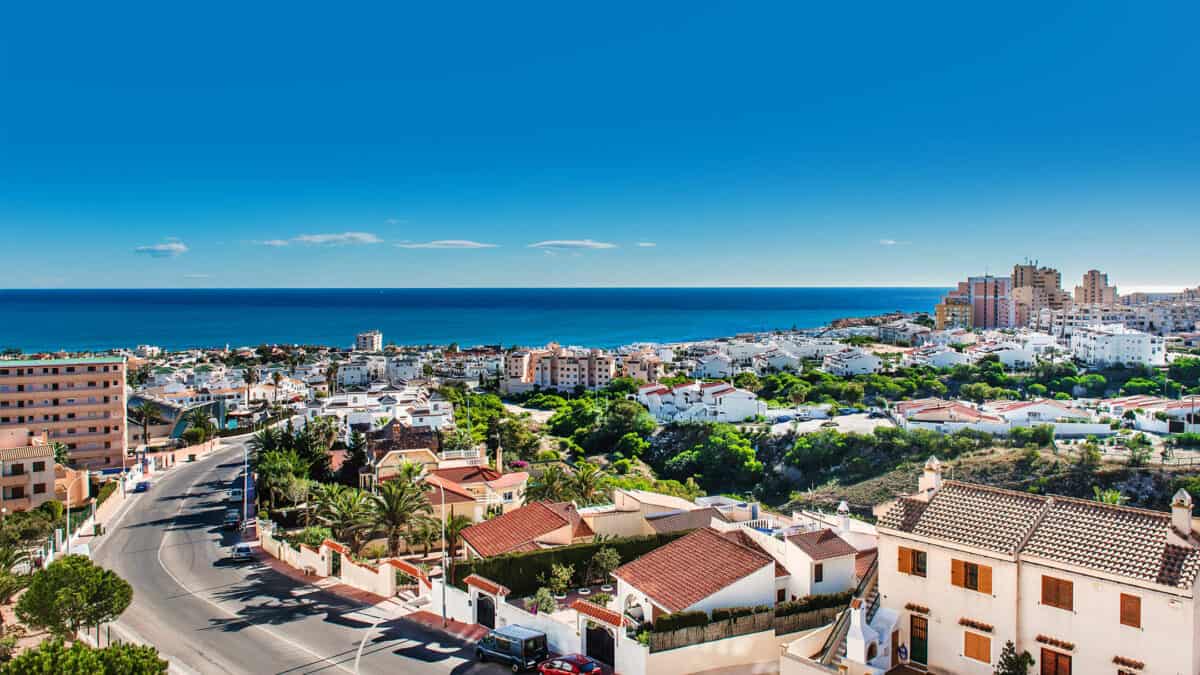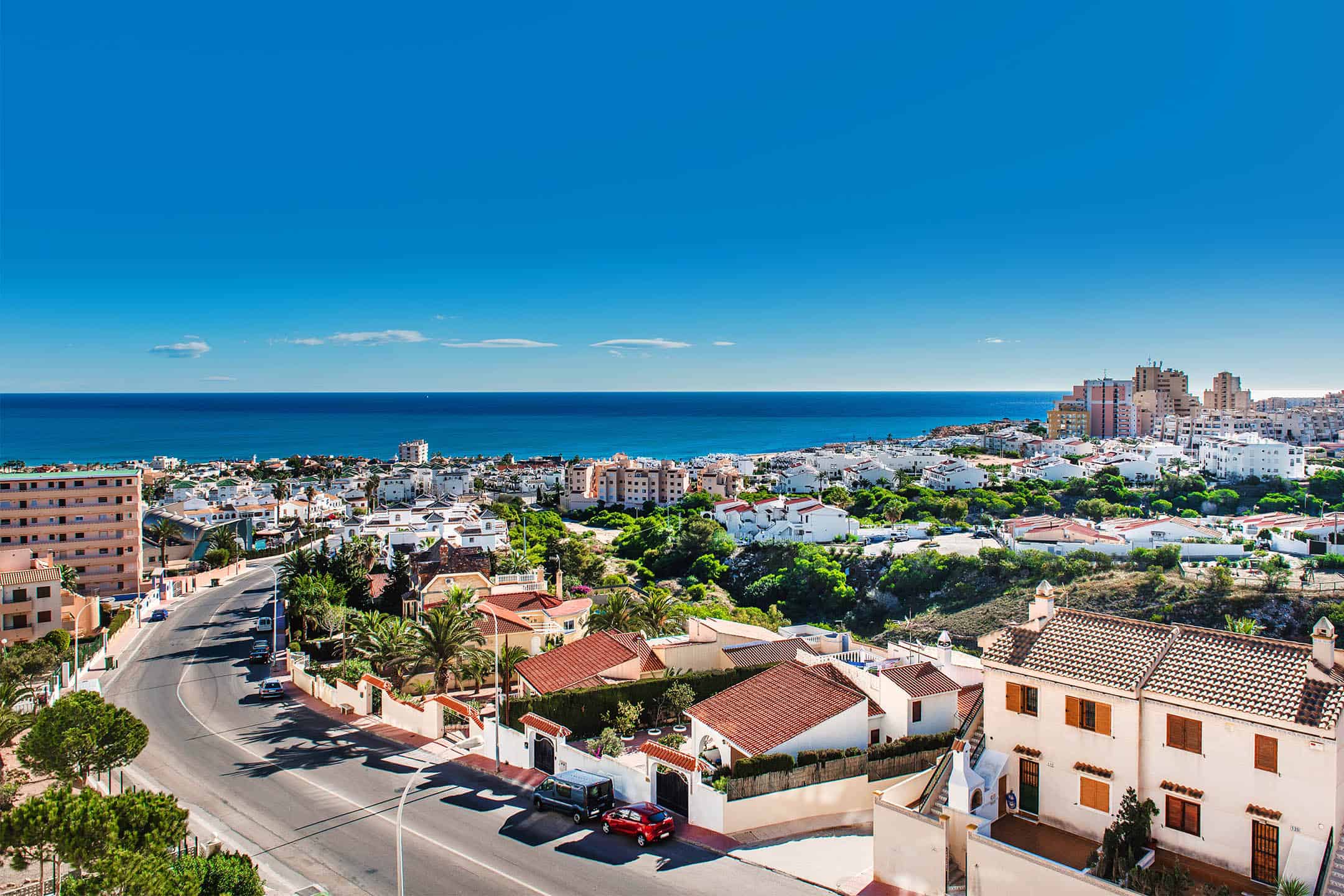Purchasing a property in Spain is an exciting venture, especially for UK buyers drawn to the sunny climate and vibrant culture. However, the process can be more complicated for UK nationals compared to EU residents following Brexit, with notable differences in taxes, costs and financing. UK buyers also face additional requirements such as securing a visa and dealing with higher taxes and larger mortgage deposits. Understanding these differences and the required steps will help UK buyers ensure a smooth and successful property purchase in Spain.
Step 1: Research and Budgeting
Before making any decisions, it’s crucial to determine your budget. This means not only considering the property’s purchase price but also factoring in additional taxes, legal fees, notary fees and registration costs. These extra expenses can add up to 10-15% of the property’s value. While property purchase taxes and costs remain the same for both UK and EU buyers, ongoing tax obligations can be more complex for UK citizens. For example, Spain’s Non-Resident Income Tax (IRNR) is higher for UK buyers at 24%, compared to 19% for EU citizens on rental income.
Once you’ve got these finances in order, it’s time to research different regions in Spain. Spain offers diverse regions, each with its own charm and lifestyle. If you’re looking to buy a villa in Costa Blanca, for example, you’ll want to explore towns like Javea, Benidorm or Altea, each offering beautiful beaches and a relaxed Mediterranean lifestyle. Consider factors such as climate, amenities and proximity to transport links before deciding on a location.
If you’re purchasing a property as a holiday home, take into account travel and maintenance costs. A property by the coast may incur higher maintenance fees, so be sure you’re prepared for additional expenses before finalising your decision.
Step 2: Secure Financing
If you’re not buying the property outright, securing financing is an essential next step. Many UK buyers opt for a mortgage either through a Spanish bank or through financing arranged in the UK. Spanish banks typically offer mortgages to non-residents, but they require a deposit of around 30-40%. Bear in mind that banks in Spain may offer lower loan-to-value (LTV) mortgages to UK buyers (typically 60-70%), whereas EU buyers may get better terms (up to 80%). Interest rates can also vary and some banks may have specific requirements for foreign buyers.
If you’re looking to finance through a UK-based lender, you’ll need to check whether they can offer international mortgages for properties in Spain specifically. Getting pre-approved for financing will help you understand what you can afford and streamline the buying process once you’ve found your ideal property.
Step 3: Obtain an NIE (Número de Identificación de Extranjero)
The next step in the process is obtaining an NIE number, which stands for Número de Identificación de Extranjero (Foreigners’ Identification Number). This number is essential for any property transaction in Spain, as it’s used for tax and legal purposes. You can apply for an NIE either through the Spanish consulate in the UK or directly in Spain at the local police station (Comisaría de Policía). This is a straightforward process, but it’s necessary before you can proceed with property transactions.
Step 4: Hire a Lawyer (Abogado)
When buying property in Spain, it’s advisable to hire a professional lawyer (Abogado) who is independent from the estate agents or developers involved in the sale. The lawyer should be fluent in both Spanish and English and have extensive experience in property transactions. Their role is to review the property’s legal status and ensure that there are no outstanding issues such as debts, illegal building works or unregistered property details.
Step 5: View Properties and Make an Offer
At this stage, it’s time to start viewing properties. Working with a registered estate agent (Agente Inmobiliario) will help you explore properties that meet your criteria. Whether you’re looking for a holiday home, investment property or retirement villa, they can guide you to suitable options.
Once you’ve found your ideal property, it’s time to make an offer. Negotiating with the seller or their agent is common and it’s important to be prepared to haggle over price. Your agent or lawyer can help you with the negotiation.

Step 6: Sign the Reservation Agreement (Contrato de Reserva)
Once you and the seller agree on a price, you will sign a Contrato de Reserva (reservation agreement). This agreement removes the property from the market and gives you time to complete the legal checks and formalities. You’ll be required to pay a reservation deposit, typically between €3,000 and €6,000. This deposit is deducted from the final purchase price but is non-refundable if you decide not to proceed.
Step 7: Conduct Legal and Property Checks
Before proceeding further, your lawyer will conduct a thorough check on the property. This involves verifying the property’s ownership and registration status to ensure there are no outstanding debts or legal issues. Additionally, your lawyer will check that the property has the necessary planning permissions and complies with local regulations.
Step 8: Sign the Private Purchase Contract (Contrato de Arras)
Once all the checks are complete, the next step is to sign the Contrato de Arras (the private purchase contract). This formalises the sale agreement and is typically signed within 10-30 days after the reservation agreement. You should expect to pay a deposit of 10% of the property price at this stage, which secures your commitment to the purchase. This deposit is legally binding, and if either party withdraws from the agreement, they could forfeit the deposit.
Step 9: Final Mortgage and Financing Approval
If you’re using a mortgage, now is the time to finalise the loan details with your chosen bank. Spanish banks will require a property valuation before approving the mortgage. This is to ensure the value of the property matches the loan amount.
Step 10: Sign the Public Deed at the Notary (Escritura Pública)
The final step in the property transaction is signing the Escritura Pública (public deed) in front of a Spanish notary. This official document formalises the transfer of ownership from the seller to the buyer. At this stage, you’ll pay the remaining balance of the purchase price. Once signed, you will receive the keys to your new property.
Step 11: Register the Property
After signing the public deed, your lawyer will register the property with the Spanish Land Registry (Registro de la Propiedad) to officially document your ownership. Although this process can take several weeks, it is essential to ensuring that the property is correctly recorded in your name.
Step 12: Pay Taxes and Fees
Buying property in Spain involves several taxes and fees:
The Property Transfer Tax (ITP) for resale properties is usually between 6% and 10%.
For new-build properties, you’ll pay VAT (IVA) at 10% and Stamp Duty (AJD) at 1-2%.
Additional fees include notary fees (1-2%), land registry (0.5-1%) and legal fees.
It’s important to budget for these costs, as they can add up to a significant portion of the purchase price.
Step 13: Set Up Utilities and Insurance
After purchasing your property, you’ll need to set up utilities such as water, electricity, gas and internet. It’s also strongly advisable to take out home insurance to protect your new property from unforeseen damages or incidents.
Step 14: Residency and Tax Considerations
If you plan to live in Spain long-term, you’ll need to look into the Spanish residency requirements. Additionally, as a property owner, you’ll be required to register with the tax office (Hacienda) and pay annual property taxes.
Purchasing a property in Spain is an exciting and life-changing experience, but it requires careful planning and attention to detail. By following these steps and consulting with legal professionals and property experts throughout, you can ensure that your journey to buying a property in Spain is as smooth and successful as possible.
If you’re ready to buy a villa in Costa Blanca or any other property in Spain, 5 Real Estate is here to help. Our experienced team can guide you through every step of the buying process, ensuring you make an informed and confident decision. Contact us today to explore properties for sale and get expert advice on navigating the Spanish property market.


